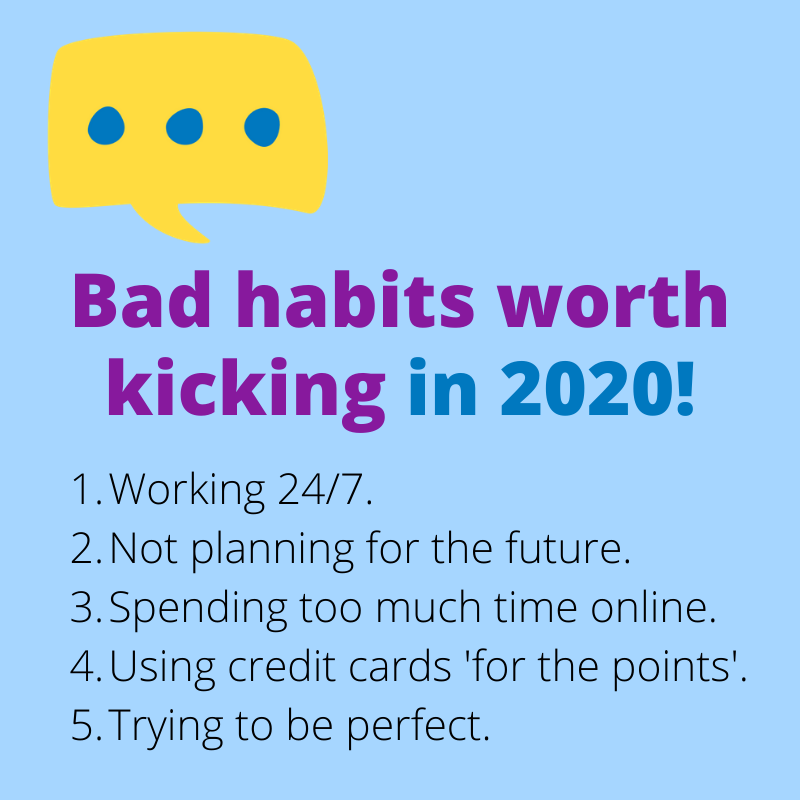
Innovative Product for Keeping Kids in School
Innovative Product for Keeping Kids in School
We know better than most the ripple effect that happens with a loss of life. On the families, friends and on communities. One area sometimes overlooked is when a parent with school-aged dependents passes away, the significant cost of maintaining school fees may mean children have to change schools as a result. The last thing a child needs after the loss of a parent is to also lose the support and community that school provides.
A partner approached us to help meet this challenge, so we started by undertaking research into the community on the need and where previous products had attempted to meet the demand. What we found was that previous products may not have been successful because they weren’t specifically designed for schools. They were slightly adjusted corporate products which were originally designed for employer groups and so lacked the simplicity, flexibility, and bespoke features that schools required to provide a cost-effective product.
So what did we develop? The product is designed to cover the school fees of a student whose parent or guardian dies or becomes terminally ill. It allows the school to receive a benefit in this instance. We call this, Integrity’s School Fees Cover.
Where previous products were largely adjusted ‘employer group’ products, this product is completely tailored to schools’ needs and only includes what they need. For example, doesn’t include TPD so this helps keep it simple and affordable.
The product has been specially designed so that we do not need to be notified of students coming and going from the school during term. Reconciliations and premium adjustments don’t have to be made to cater for this, we were able to fit this into the standard pricing – minimizing the school’s effort, reducing ‘painful paperwork’ and keeping administration costs to a minimum.
The product has also been designed to specifically fit the fee structure of independent schools so it’s simple for schools to budget and account for.
In addition, and true to our ethos in designing products for ‘real life’, we undertook a great deal of work to make sure the product was suitable for all families including blended and ‘non-traditional’ – all of which was not well catered for within previous products.
We’re thrilled to be able to bring another innovative product to market that is going to support people when they need it most.
Integrity Life
From the newsroom










